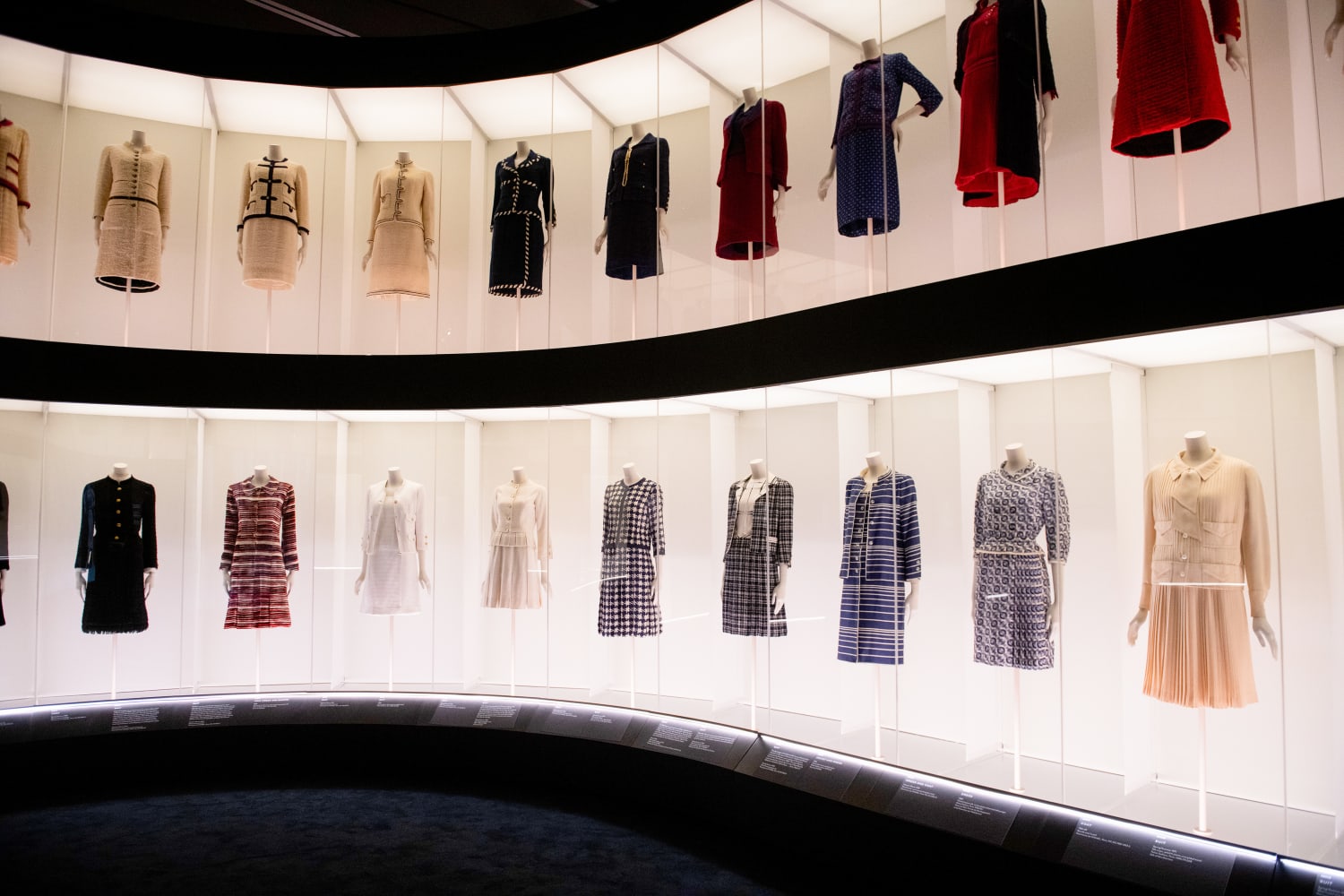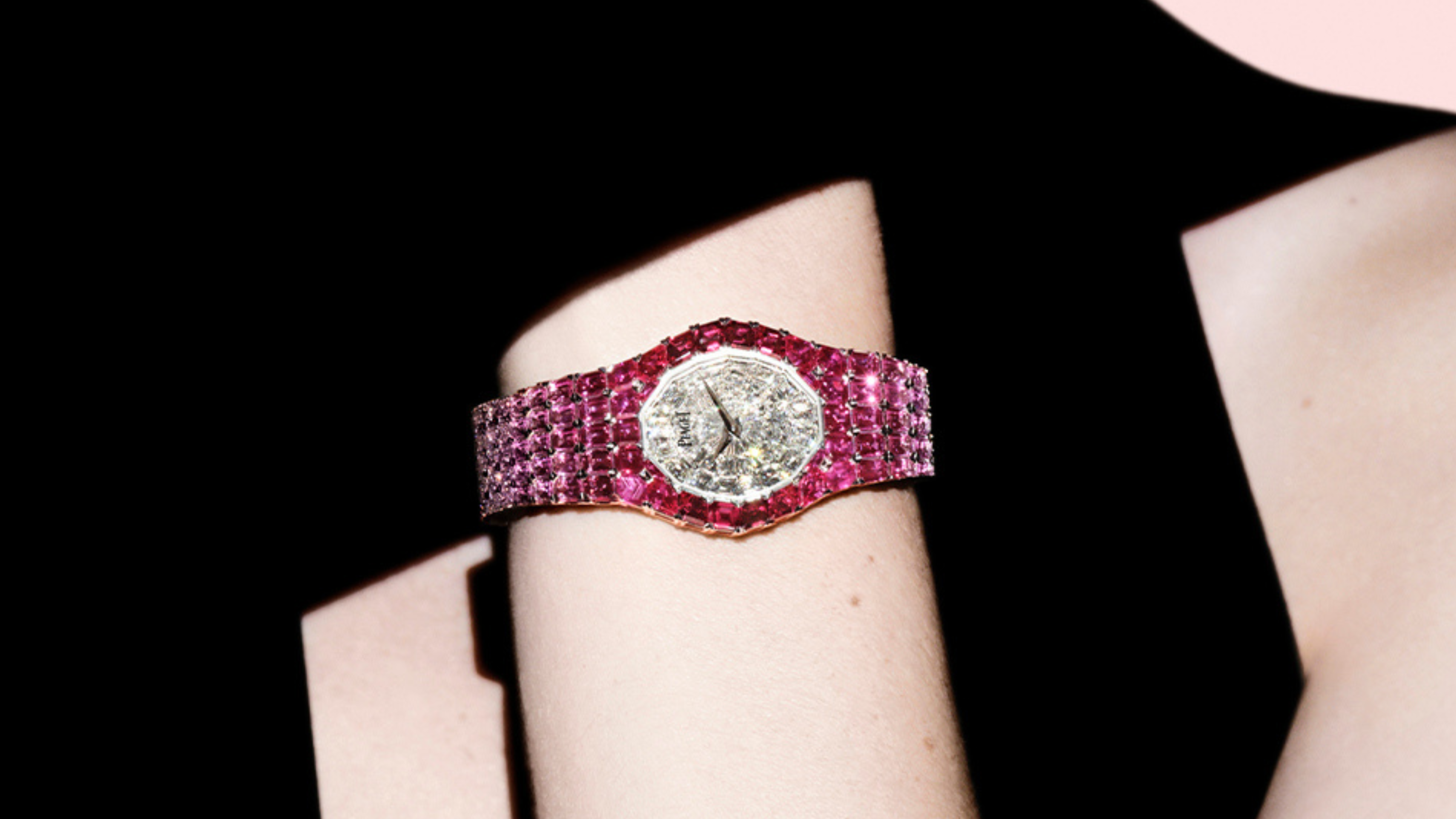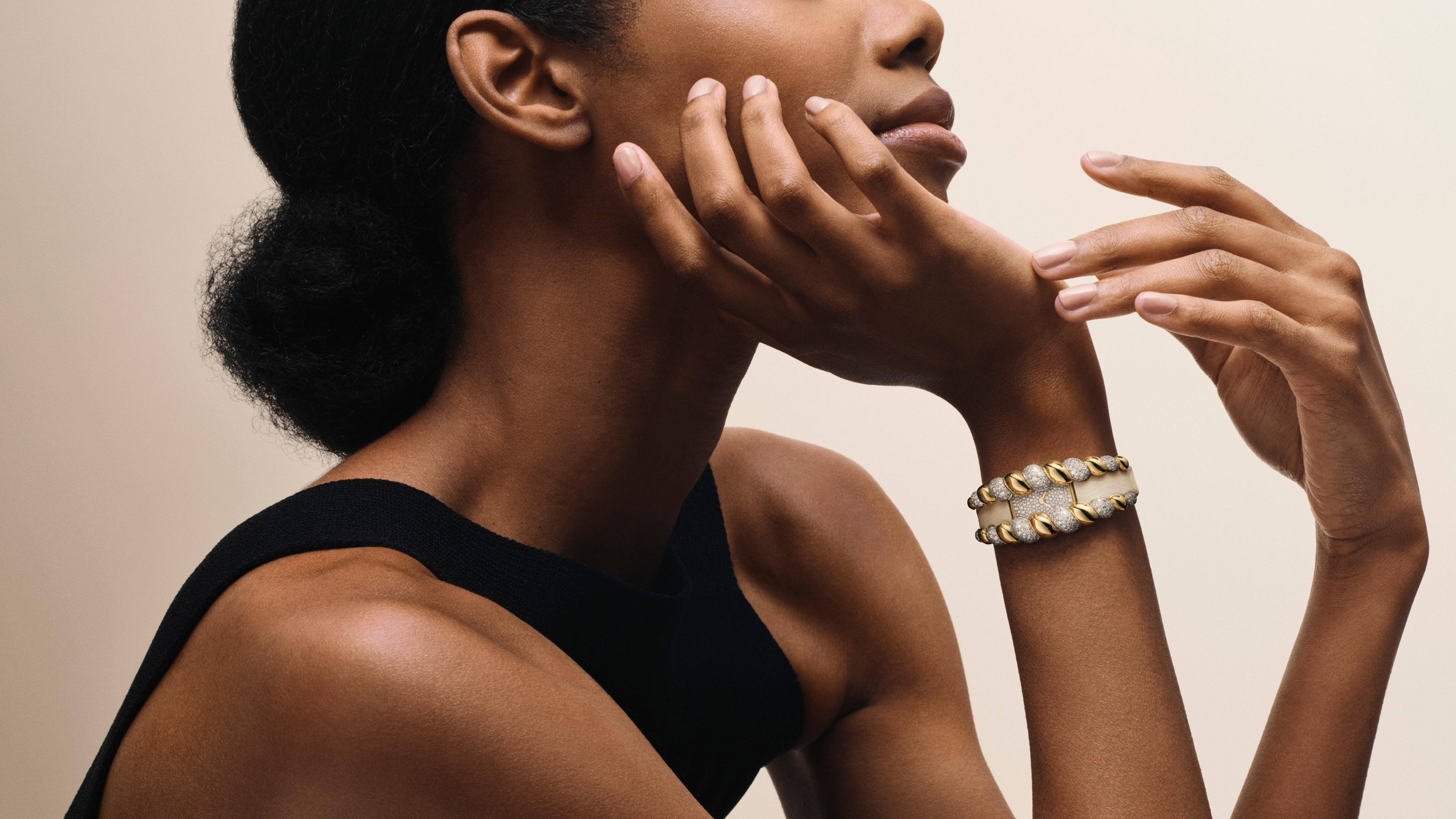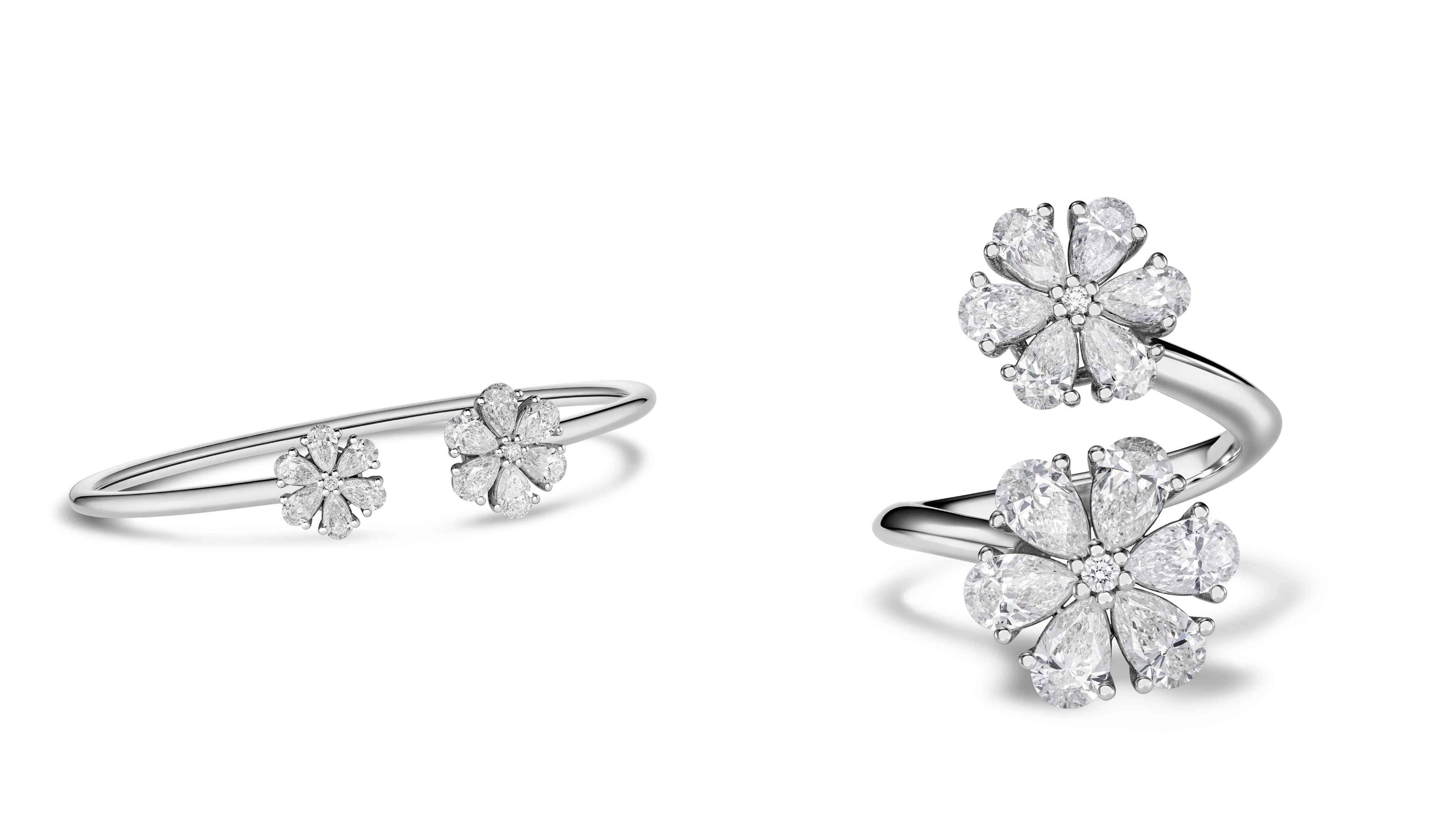Opening this Saturday, Gabrielle Chanel. Fashion Manifesto is the first UK exhibition dedicated to the work of French couturière, Gabrielle ‘Coco’ Chanel, charting the evolution of her iconic design style and the establishment of the House of CHANEL, from the opening of her first millinery boutique in Paris in 1910 to the showing of her final collection in 1971.
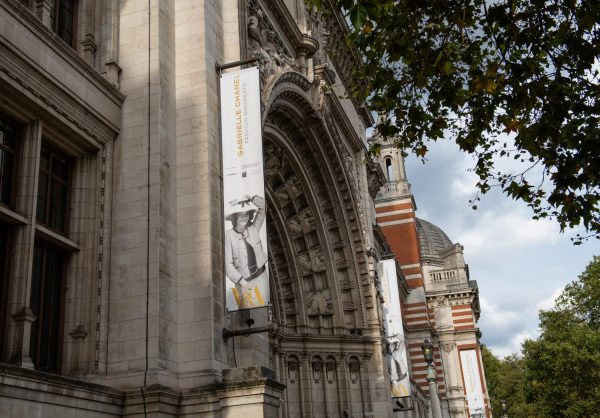
Featuring almost 200 looks seen together for the first time, as well as accessories, perfumes and jewellery, the exhibition explores Chanel’s pioneering approach to fashion design, which paved the way for a new elegance and continues to influence the way women dress today.
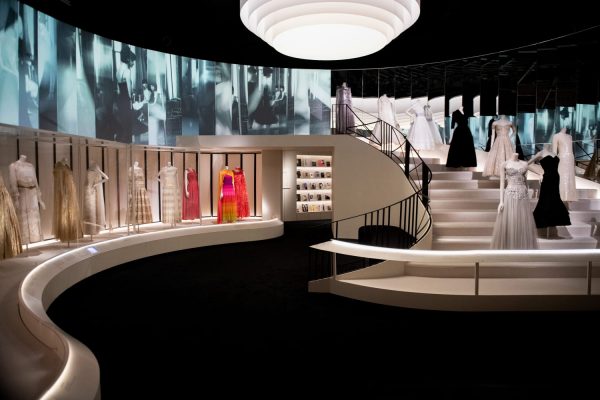
Based upon the Gabrielle Chanel. Fashion Manifesto exhibition organised by the Palais Galliera, Fashion Museum of the City of Paris, the exhibition is re-imagined by the V&A, with over 100 new objects including 60 new looks. It features rarely seen pieces from the V&A’s collection, alongside looks from Palais Galliera and the Patrimoine de CHANEL, the heritage collections of the fashion House in Paris. Highlights include one of the earliest surviving Chanel garments from 1916; original costumes designed by Chanel for the Ballets Russes production of Le Train Bleu in 1924; outfits created for Hollywood stars Lauren Bacall and Marlene Dietrich; an early example of Chanel’s ground-breaking evening trousers and ensembles from Chanel’s final collection of 1971.
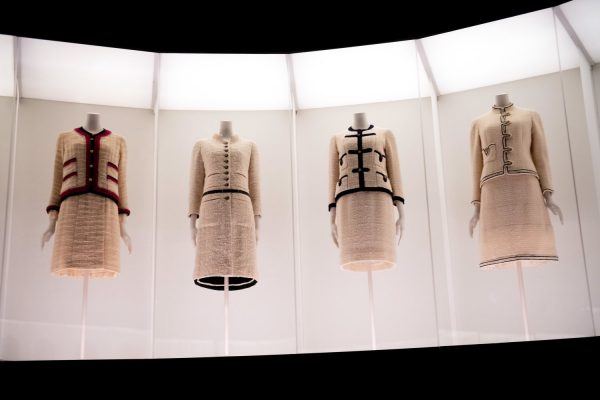
Chanel designed first and foremost for herself. By creating clothes fit for an independent and active lifestyle, she anticipated the needs and wants of the modern woman. Through ten themed sections, the exhibition explores Chanel’s innovative approach to fabric, silhouette and construction, and will examine how she drafted a new framework for fashion in the twentieth century. Showcasing a stunning array of some of Chanel’s most notable designs from her sixty years in fashion, the exhibition analyses her professional career, the emergence and the development of her style, and her contribution to the history of fashion. The exhibition also highlights Chanel’s British inspirations, such as her adoption of tweed, partnerships with British textile firms and textile factory in Huddersfield.
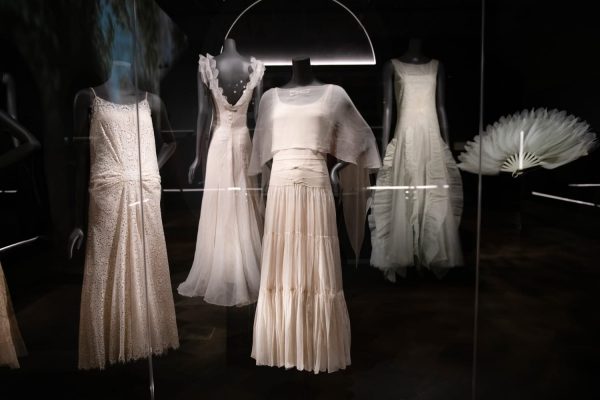
Tristram Hunt, Director of the V&A, said: “As one of the most successful fashion houses in existence, CHANEL owes much to the templates first laid down by its founder Gabrielle Chanel, over a century ago. We are delighted to be partnering with CHANEL and the Palais Galliera on this exhibition, which provides us with the opportunity to explore the origins and elements of this enduring style and to display little-known historic Chanel garments from the V&A collection.”
Director of the Palais Galliera, Miren Arzalluz said: “Gabrielle Chanel devoted her long life to creating, perfecting and promoting a new kind of elegance based on freedom of movement, a natural and casual pose, a subtle elegance that shuns all extravagances, a timeless style for a new kind of woman. That was her fashion manifesto, a legacy that has never gone out of style.”
“Her success was based not only on the functionality, comfort and chic elegance of her designs, but also on her ability to grasp and interpret the needs and desires of the women of her time.”
Bruno Pavlovsky, President of CHANEL SAS and President of CHANEL Fashion, said: “We are happy and honored that the first exhibition dedicated to Gabrielle Chanel to be held in the UK, will be presented at the V&A, one of the most prestigious museums in the world. Gabrielle Chanel was a legend in her own lifetime. This exhibition will analyze her contribution to fashion and her radical vision of a style that created modernity and reflected the aspirations of women and the evolution of their place in society.”
“CHANEL is delighted to contribute to this project, providing access to the Patrimoine de CHANEL, and thanks the V&A for hosting this exceptional exhibition.”
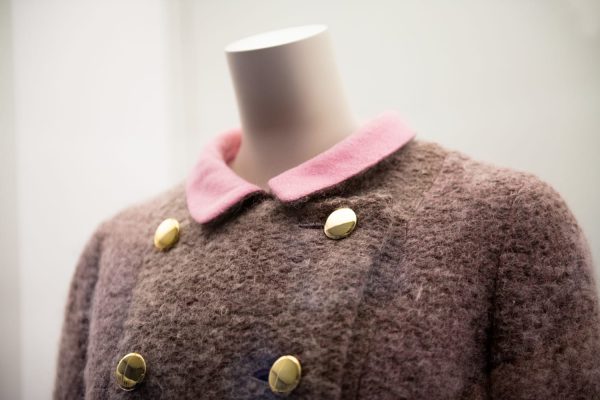
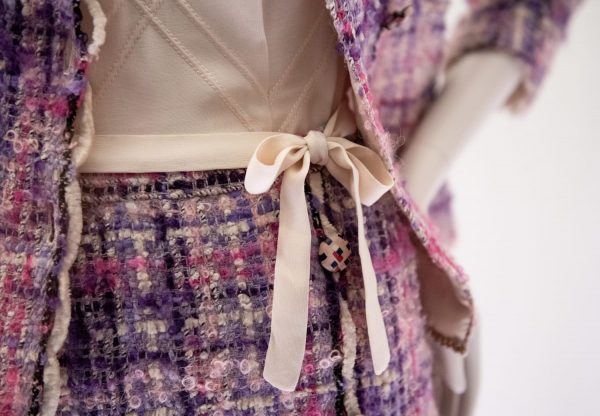
Across ten sections, Gabrielle Chanel. Fashion Manifesto showcases the exquisite skill and innovation from the founder of the House of CHANEL:
- Towards A New Elegance offers an introduction to the beginning of Gabrielle Chanel’s career as a milliner, opening her first boutique on the rue Cambon in Paris in 1910, and further boutiques in the fashionable coastal resorts of Deauville and Biarritz. The section outlines how the success of this business enabled her expansion into clothing. It will feature one of the earliest surviving Chanel garments, characterised by minimalism and precision – a streamlined way of dressing that contrasted with the excessively decorative fashions of the day, and would lay the foundations of her design principles.
- The Emergence of a Style focuses on how Chanel developed an immediately identifiable signature style in the 1920s and 1930s. With clean lines, fluid materials and a simplistic colour palette, her understated designs were radical in their practicality yet displayed a refined elegance. Several sub-sections will also examine the role of textiles and manufacturing, her use of embroidery in her designs and spotlight Chanel’s famous little black dress. This section also includes Chanel’s British influences and business ventures, and her creations being worn on the theatre stage and silver screen.
- The Invisible Accessory showcases the creation and impact of Gabrielle Chanel’s debut perfume N°5 which became the world’s best-selling fragrance. Designed as an extension of her clothing and echoing her vision of modernity, Chanel made N°5 the signature of her fashion house. This section will also explore the launch of Chanel’s range of make-up in 1924 and skincare in 1927. Visitors will walk-through a gold tinted installation referencing the iconic No°5 perfume bottle.
- Luxury and Line focuses on how Chanel’s eveningwear demonstrated a refined mix of inventiveness and classicism which subtly accentuated the female form. She harmonised proportions and materials aiming to create garments which expressed elegance, freedom and simplicity. The resulting designs conveyed the tension between garment and body, described in French as the ‘allure’. This section will also look at “Bijoux de Diamants”, her first and only 1932 collection of fine jewellery commissioned by the International Diamond Corporation of London.
- Closing the House will outline the impact of the outbreak of war in 1939 on her personal and professional life. The exhibition will continue with Chanel’s official Return to Fashion on 5 February 1954, with the relaunch of her couture house at the age of seventy-one. Chanel’s return collection featured the signature hallmarks that she had so successfully introduced during the 1920s and 30s, representing her updated vision of the modern woman’s wardrobe.
- The Suit will spotlight the defining garment of Gabrielle Chanel’s post-war contribution to fashion, with over fifty ensembles in a range of colours on display across two levels. A declaration of her vision of modern femininity, the Chanel suit combined ease and comfort with simplicity and style. Described by Vogue in 1964 as “the world’s prettiest uniform,” the Chanel suit, which has since become a timeless classic, remains a staple reference for fashion today.
- Chanel Codes will focus on how accessories were fundamental to Chanel’s conception of a harmonious silhouette. They reflected her pragmatic vision of fashion and provided recognisable codes which underlined the unity of her style. Since the 1950s, the Chanel 2.55 handbag and two-tone slingback shoes have become two of the most enduring accessories in the world of fashion.
- Into the Evening showcases eveningwear as an important part of Chanel’s couture collections in the latter part of her career. From the late 1950s onwards, she adapted her suits to include a range to be worn into the evening. These cocktail suits followed the same form as her day suits, realised in a plethora of richly decorative fabrics such as gold and silver lamés, textured weaves and intricately patterned silks. This section draws inspiration from the golden colour palette and black lacquer coromandel screens of Chanel’s own apartment.
- Costume Jewellery will explore this essential part of Gabrielle Chanel’s distinct style. Rejecting the conventions of fine jewels, Chanel gave costume jewellery a new status. From the beginning of the 1920s, Chanel’s boutiques offered a dazzling range of costume jewellery to wear with her sleek fashionable garments. The couturière’s costume jewellery drew inspiration from many places and historical epochs.
- A Timeless Allure – the exhibition finale – celebrates the evening dress as Chanel’s exercise in style with looks displayed on a recreation of the iconic mirrored staircase based on the designer’s atelier. She proposed a relaxed version of the formal dress that was both discreet and refined, revisiting the foundations that had governed her aesthetic and punctuated her career. This section will showcase that right up until her final collection of Spring-Summer 1971, Gabrielle Chanel reinterpreted, updated and perfected her rules and principles, continuously refining her quintessential style.
CHANEL gabrielle chanel Gabrielle Chanel Exhibition Gabrielle Chanel. Fashion Manifesto
